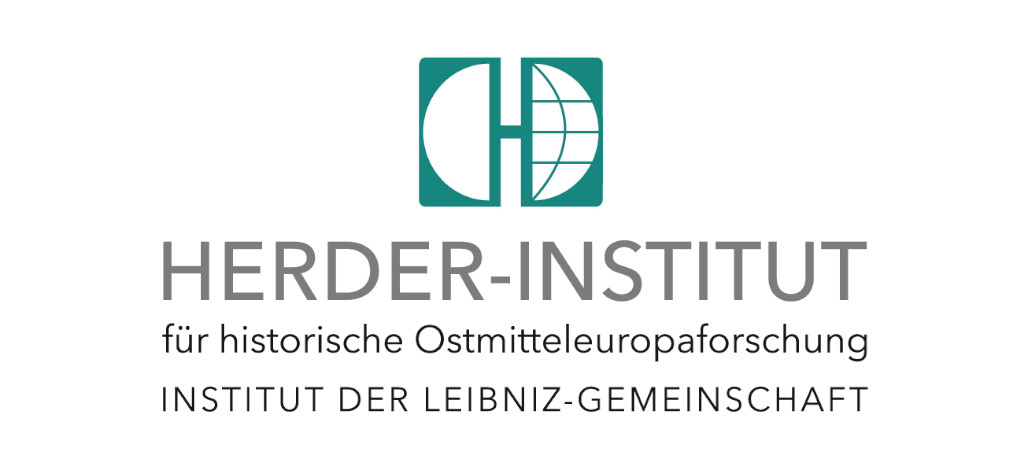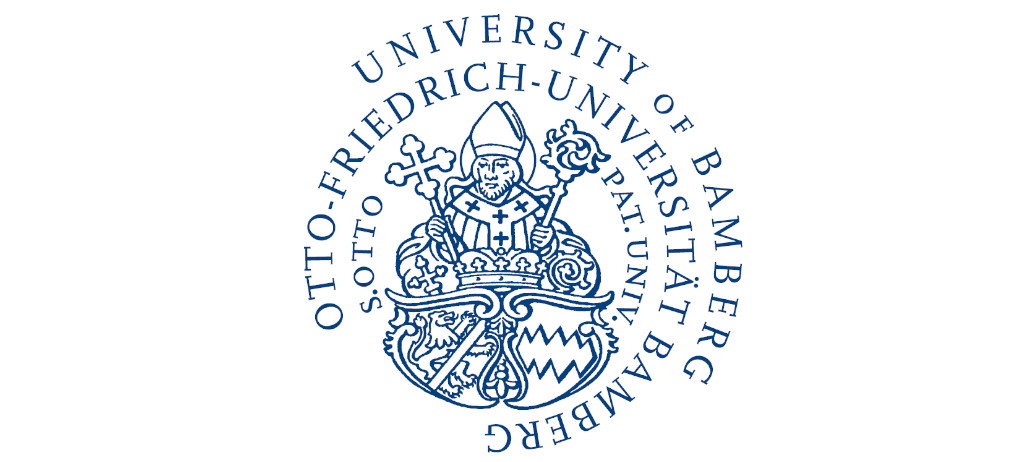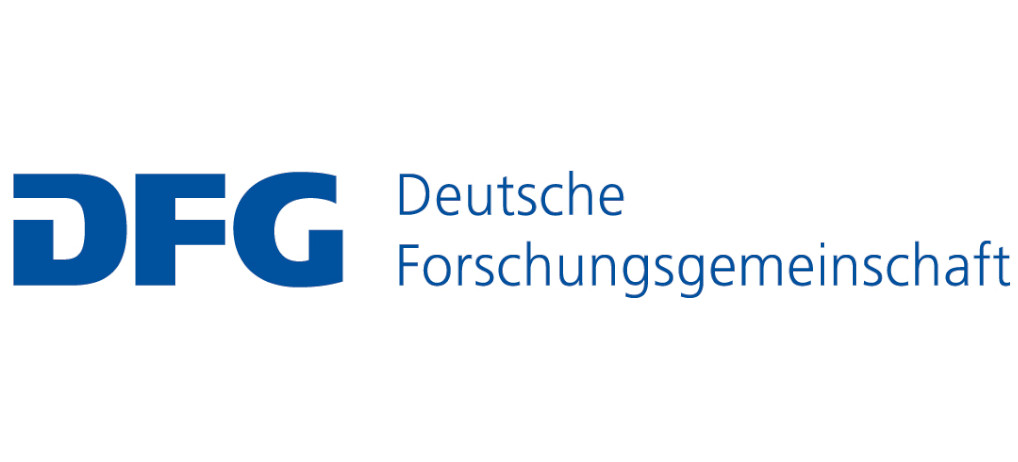Main Content
Subproject C07
Safety as a seventh sense
1. Funding period (2014-2017)
The legendary TV show The 7th Sense (Der 7. Sinn) aimed to anchor "traffic-friendly" behavior in the subconscious of society with subtle to drastic pedagogy. The sub-project aims to trace historically how safety was portrayed and attempted to be established in public traffic areas. The focus is on a longitudinal study of the changes in German road safety education and the associated traffic safety knowledge systems and practices, supplemented by cultural-historical perspectives on road space.
Road traffic is understood as a field of social introspection and political efforts to create the suggestion of collective safety in a pluricentric and circularly organized society by using communicative processes and institutionalized procedures to develop trust in rules, certainty of expectations and a basic sense of security. In the sense of "lifelong learning", safety education through road safety education is to be understood here as an ongoing and potentially never-ending process that encompasses not only theoretical knowledge (of a physical and technical nature, cause-and-effect relationships, etc.), but also the learning of specifically adapted behavior that can ideally be routinized and, as it were, intuitively recalled. Every "failure" of these "survival-necessary" automatisms can become a stimulus for new knowledge production or behavior control.
On the one hand, processes of professionalization of road safety education (understood here pars pro toto for all efforts to practice "roadworthy" or "risk-competent" behaviour) are to be examined through the establishment and expansion of driving schools and specialized courses, (pre-)school road safety education (e.g. traffic scasers, bicycle driving licences), the training of instructors (access to the driving instructor profession, police training) and broad-based safety campaigns ("Come home safe"). (pre-)school traffic education (e.g. traffic scofflaws, bicycle driving license), the training of instructors (access to the driving instructor profession, police training) through to broad-based safety campaigns ("Come home safe") and mass media formats (traffic education films, The 7th Sense). On the other hand, it is about processes of accumulating and passing on expertise and "safety-relevant" knowledge in their diversity and competition with each other, which also consisted in partly complementary, partly conflicting lobbying and in different concepts of "safety didactics".
In addition to experts from the education system and the mass media, stakeholders from almost all areas of society are profiling themselves as "safety elites" and proving that road safety is a cross-cutting issue in society, but the state is particularly important as a regulatory authority. Government bodies such as the federal and state transport ministries and the ministries of culture draw on the expertise of a wide range of scientific disciplines such as psychology and sociology. The judiciary is prominently involved through traffic law, while commercial enterprises and associations both conduct their own research and are directly involved in the field of road safety education. This is actually the genuine area of work of clubs and associations (road safety organizations, German Road Safety Council, ADAC, ADFC, etc.), which act as interfaces and transmission belts for road safety-specific knowledge. However, the central actor is the road user himself, who is not only the object of the road safety discourse, but also an extremely stubborn subject.
Thus, within a prominent socio-technical infrastructure system, the mode of operation of the "invisible hands" and the "seventh sense" will be historically recorded and the question asked as to what this says about the self-regulatory processes of a highly differentiated and dynamic society. Such a configurational analysis can relate a whole set of material, technical, economic, cultural, social and symbolic levels to each other and reveal a view of social concepts of order over time. A variety of dynamic negotiation processes take place in connection with safety on the roads, for example about (road) traffic and its guiding principles such as democracy, prosperity and freedom, about the relationship between safety and risk, between people and technology, about the appropriate relationship between regulation and self-organization, between social and individual morality, gender relations and the postulates of a traffic ethic. Last but not least, the study provides information on the peculiar dialectic of securitization and de-securitization processes and the genesis of security spaces and security routines.
Inhalt ausklappen Inhalt einklappen Members
Subproject Head
Prof. Dr. Dirk van Laak
Research Assistant
Dr. Kai Nowak



